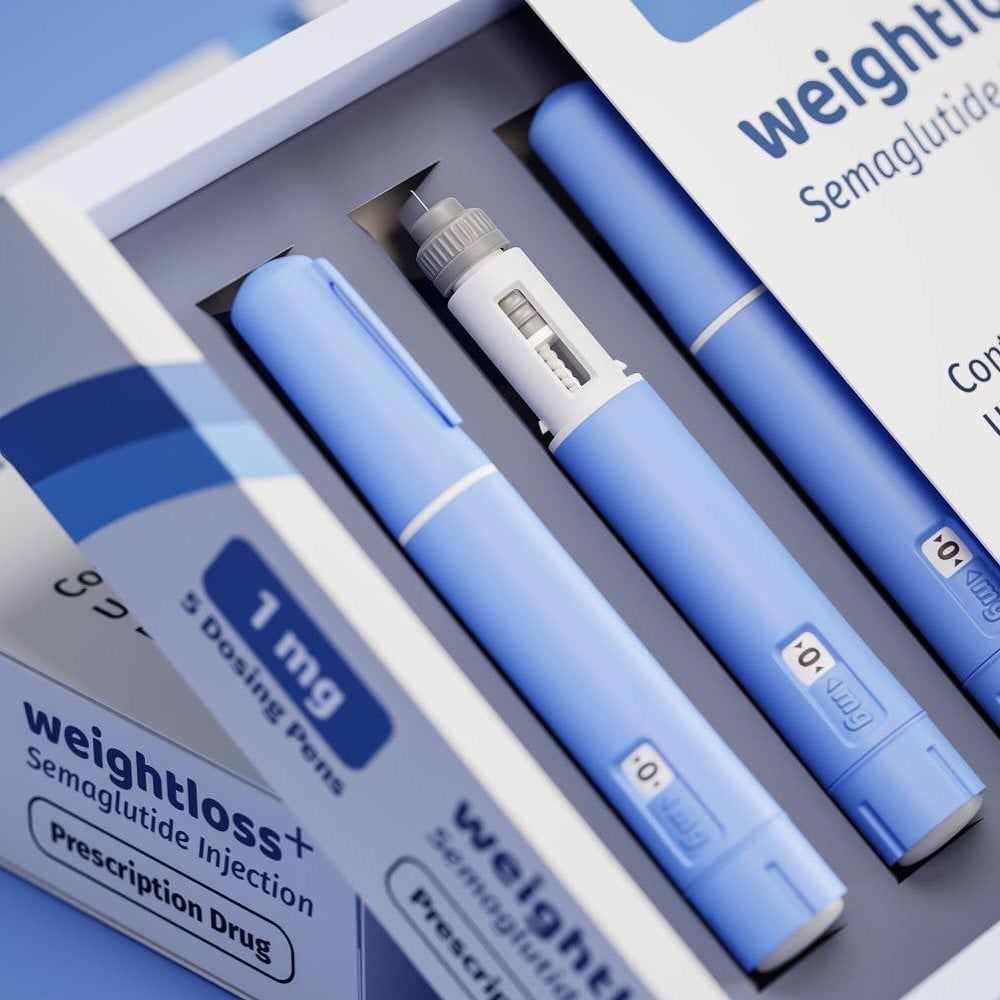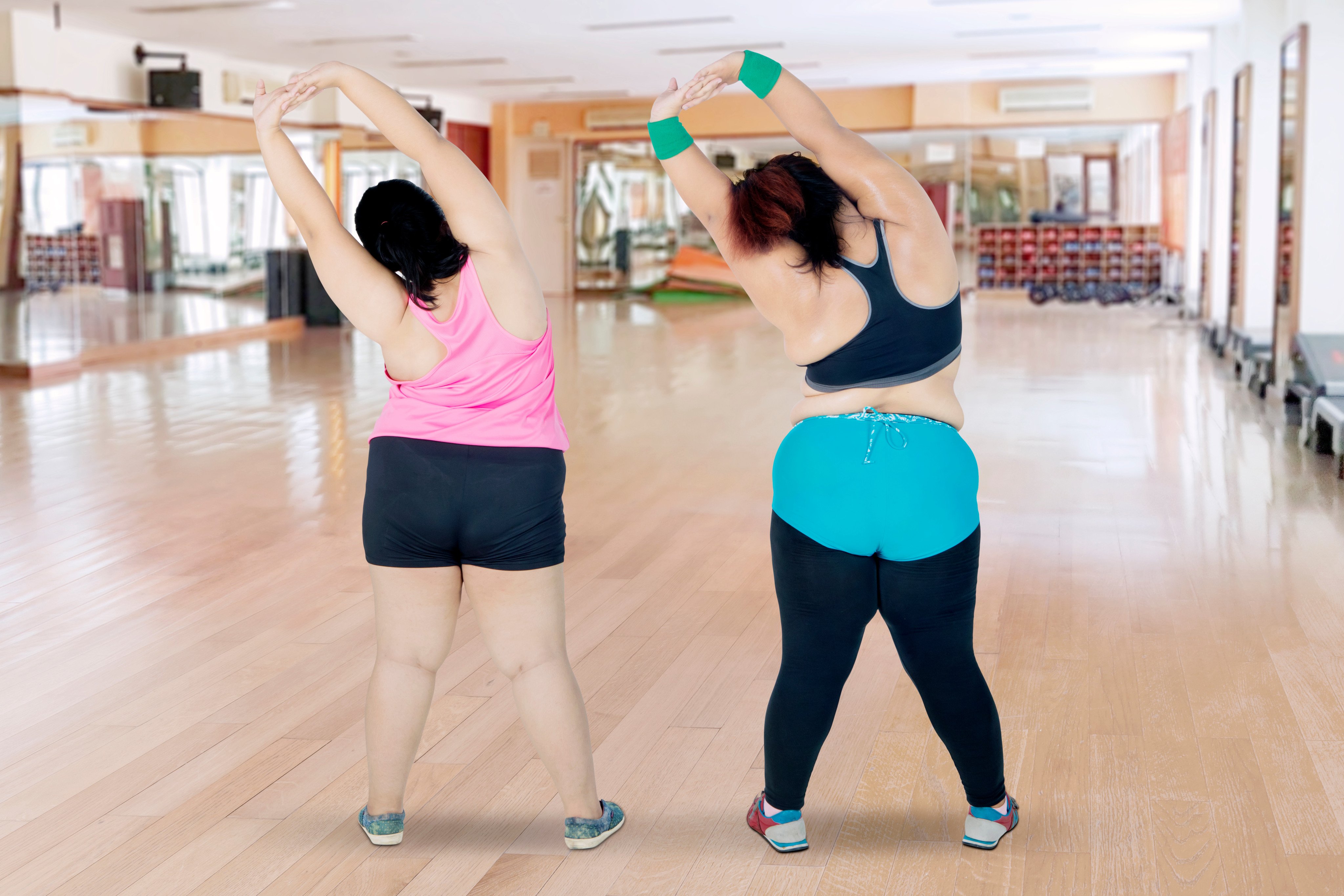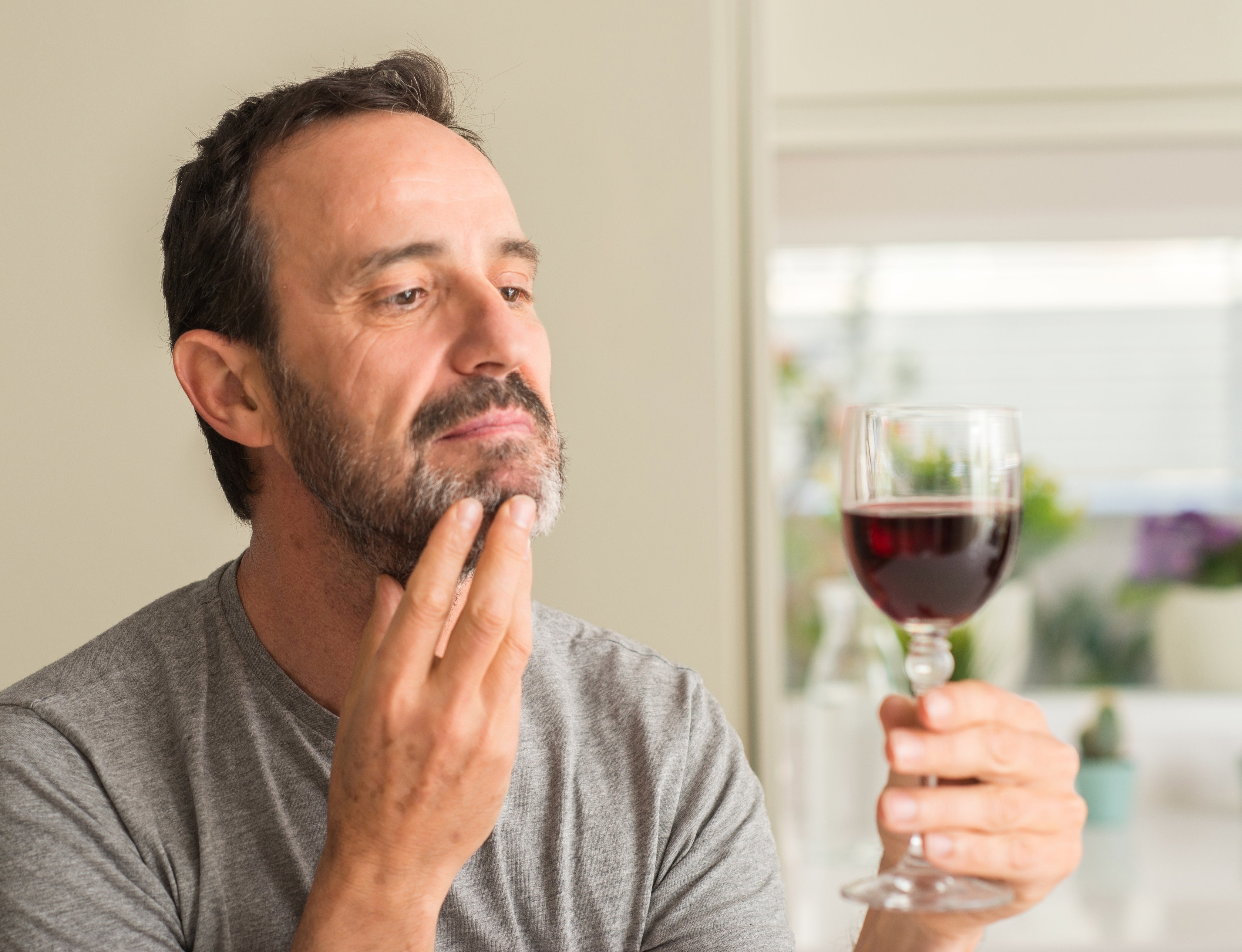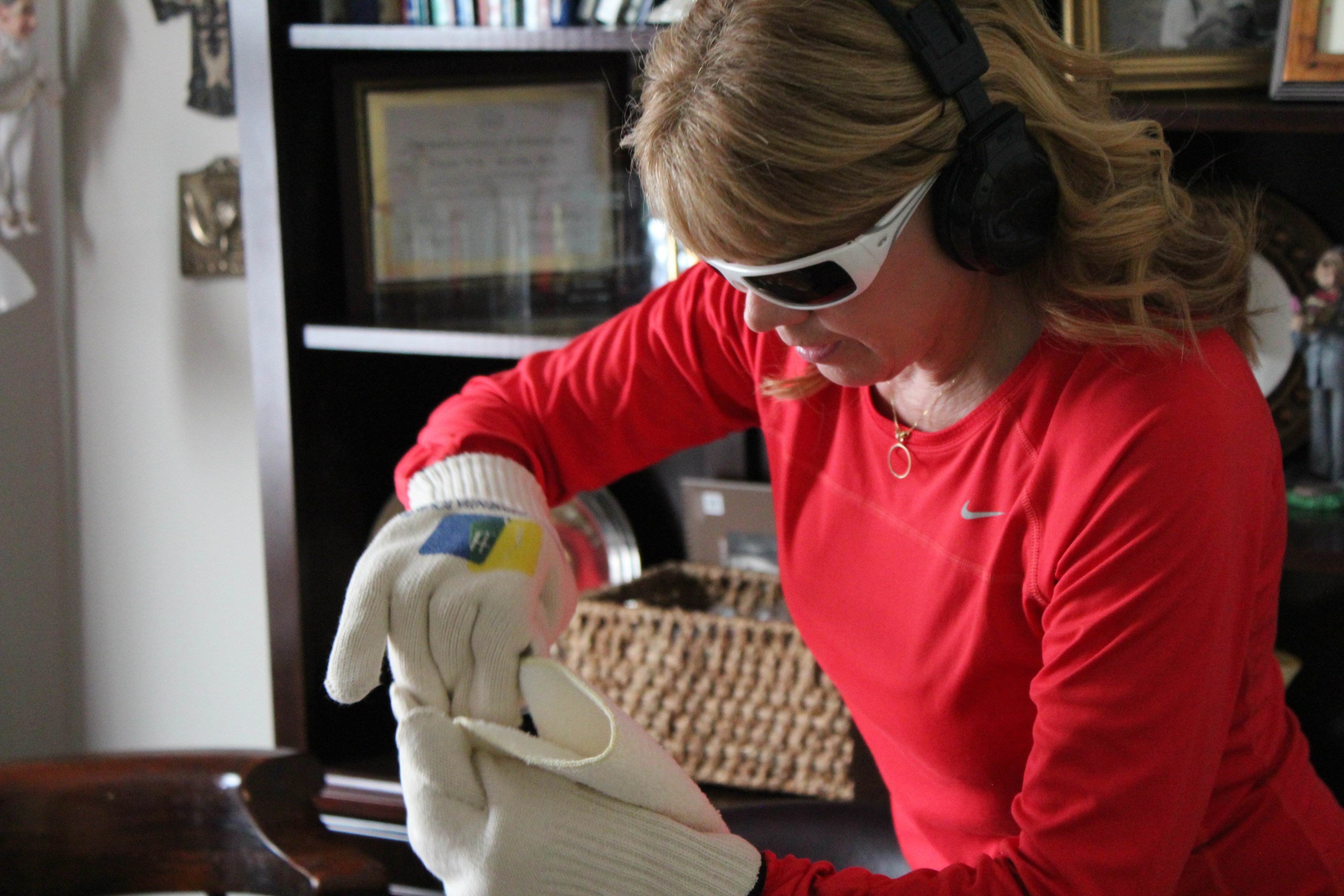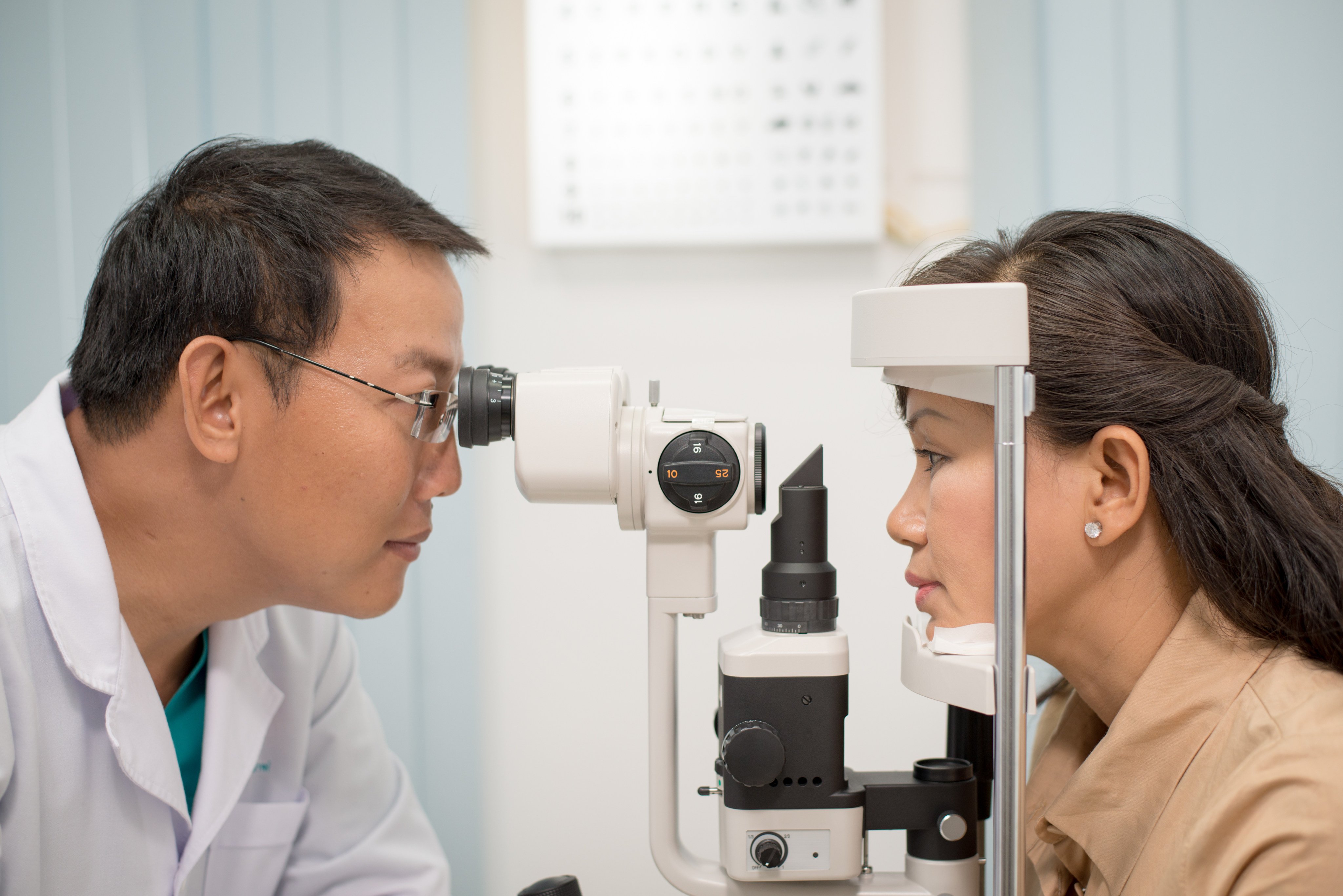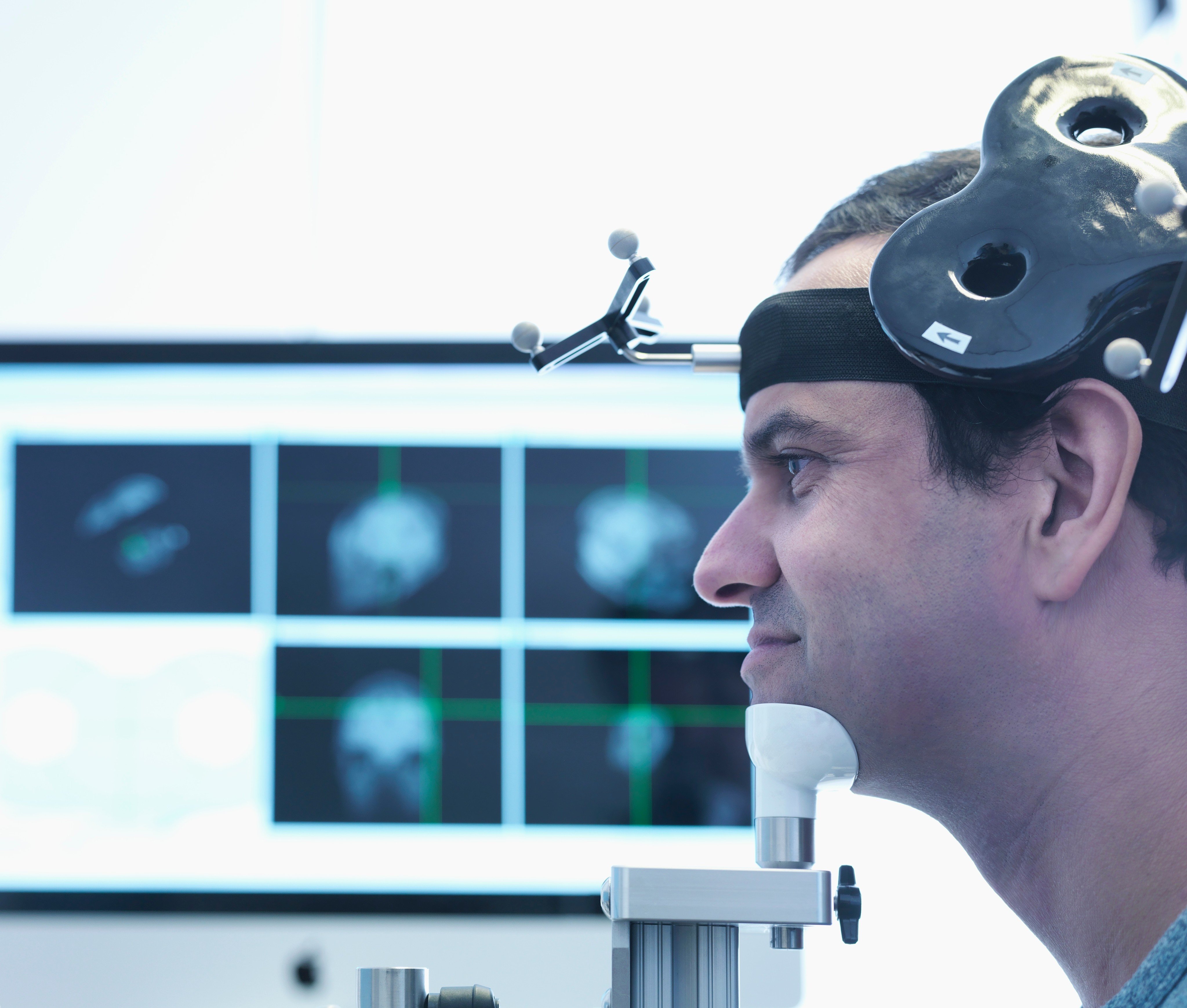Opinion
More +
Topics
Focus
Advertisement
Advertisement

Anthea Rowan
SCMP contributor
Anthea Rowan has written for papers and magazines on almost every continent and on a huge variety of subjects, from travel in Africa to mental illness in the States to education in Europe. Her work has appeared in The Times in London, the Washington Post in America and regularly in the South China Morning Post. She is the author of A Silent Tsunami: Swimming Against the Tide of My Mother’s Dementia.
Deciding to talk about a less-than-satisfactory sex life, to stop pretending everything’s fine, is a powerful step to fixing it, experts say.
Choline may lower the risk of dementia and mild cognitive impairment, and helps with gene expression, protein production and DNA repair.
Breakfast should not be skipped, especially if you are a woman, nutritionists say. Eat it soon after you awake and include protein, they add.
Protein clumps in the brain have long been associated with Alzheimer’s, but other potential causes of the condition are now in the spotlight.
Advertisement
Dementia risk factors range from mental health to diet. Ask your doctor about them to help you slow down or prevent the onset of disease.
A sleep expert and recovering insomniac offers advice on World Sleep Day for people who lie awake at night worrying about not resting.
Do you wake up on the right or wrong side of the bed? A Hong Kong-based counsellor explains how diet, exercise and visualising your day help.
Professors, a surgeon and a scientist on how to feel young and healthy for as long as possible, mentally as well as physically.
It is known that keeping pets can support better mental health. In the case of dementia patients they also give them purpose and comfort.
Sepsis can quickly cause tissue damage, organ failure and death. An expert explains why it is so deadly and gives prevention tips.
Lifestyle changes and medicine for cardiovascular problems may help lower the risks of blood vessel damage and so keep dementia at bay.
Pap smears save many lives, but many women avoid the uncomfortable and intrusive procedure. New self-test kits could change this.
On World Cancer Day, we look at advances in cancer research, prevention and treatment that bring new hope and are extending or saving lives.
Studies show that higher levels of loneliness and social isolation – especially in older adults – are linked to greater dementia risk.
Building muscle through resistance or strength training helps protect from sarcopenia, an age-related condition women suffer more than men.
Studies show moderate alcohol consumption might be good for us, but it can also cause cancer, dementia – and deadly falls.
A psychologist’s ‘virtual dementia tours’ are designed to build sensitivity and awareness in those caring for others with the condition.
Age-related macular degeneration (AMD), a leading cause of severe vision impairment, comes in dry and wet versions, with treatment for both.
Leading global trends in the American College of Sports Medicine’s 2025 report include advances in wearable tech beyond tracking steps.
Is it dementia? A popular neurologist uses five simple tests of cognitive function to help gauge the health of a patient’s brain.
A neuroscientist describes how traditional Chinese medicine may provide modern solutions to preserving cognitive function as we age.
The holidays can exacerbate symptoms of obsessive-compulsive disorder but new research into its causes is leading to greater understanding.
The festive season can be confusing and noisy for those with dementia, but these expert tips will help everyone enjoy the occasion.
Shingles causes a rash that can feel like ‘being burned and electrocuted’ at the same time. We look at its symptoms, treatment and vaccine.
Studies show that retaining muscle mass as you age, especially through resistance training, may help safeguard your cognitive health.
Being frail raises the risk of cognitive decline as we age, studies show. Exercise and a healthy diet can help avoid it, researcher says.
Erectile dysfunction (ED) and psychological issues such as anxiety and depression can form a vicious circle, making erection problems worse.
People living in polluted areas are more likely to develop Alzheimer’s disease and other dementia types, studies show.
More grown-ups are admitting to having adult ADHD, calling attention to a disorder that affects about 2.58 per cent of the global population.
Memory loss is not the only early warning sign of dementia conditions like Alzheimer’s disease. Experts describe other symptoms to watch for.
Related Topic
Wellness


